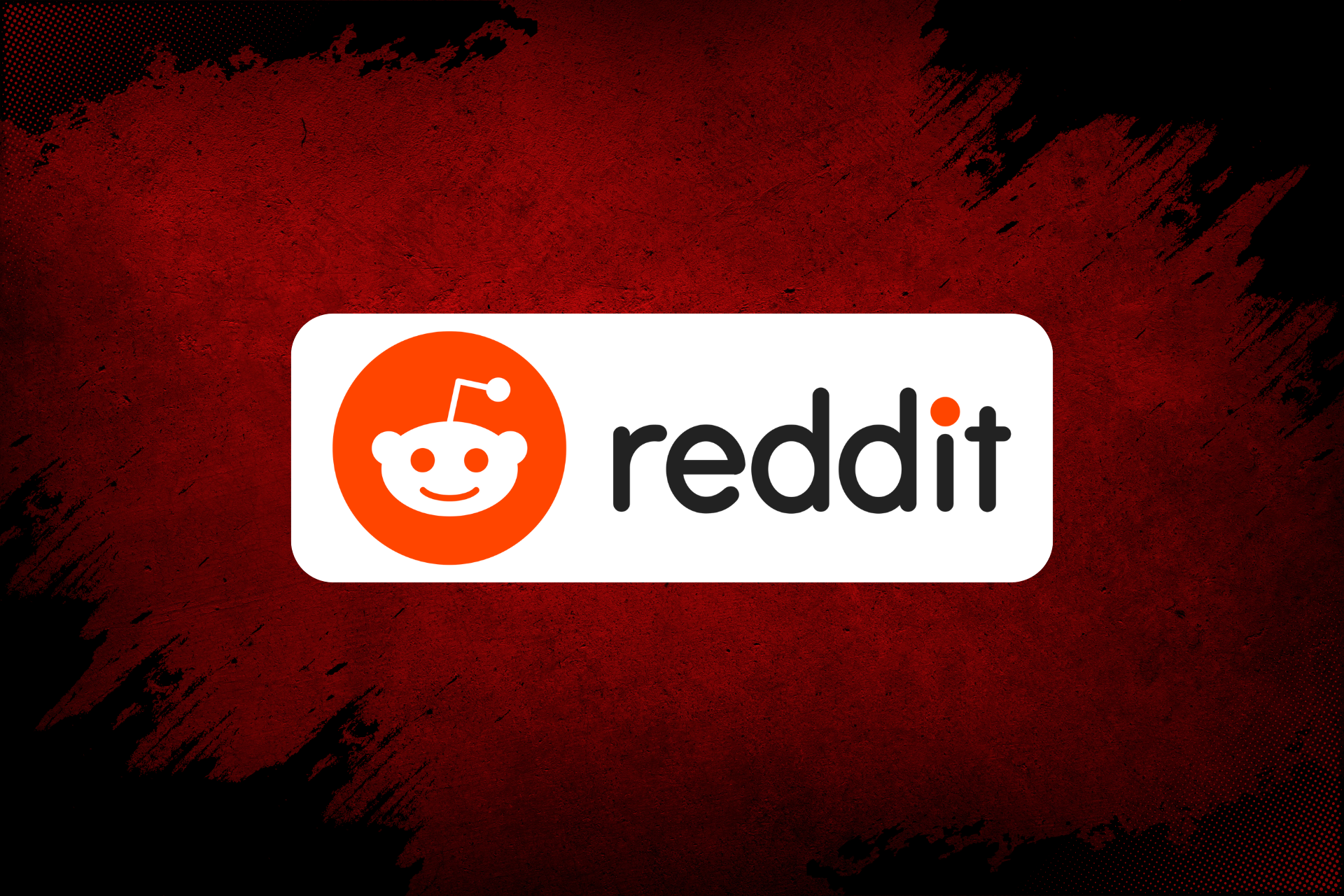How do you plan a good digital marketing campaign?
2022 is the time for your business to finally make a marketing plan!
Planning is an important part of any digital marketing campaign. A while back we put out a podcast episode filled with insights to help you plan your digital marketing campaign. Check it out below!
**Audio Transcript**
Welcome to the fly chat podcast, where we help local businesses understand how to grow their business from the comfort of a keyboard. Let's go Welcome to episode two of the fly chat podcast. Over the next few episodes, we're answering the question, what is digital marketing. But before we can do that, we want to give you a definition that was thought up by the wonderful people over at MailChimp. Digital marketing is defined as any marketing that uses electronic devices to convey promotional messaging and measure its impact. In practice, digital marketing typically refers to marketing campaigns that appear on a computer, a phone, a tablet, or another device. It can take many forms, including online videos, display ads, and social media posts. Digital marketing is often compared to traditional marketing, such as magazine ads, billboards, and direct mail. So now that we know that definition, I want to tell you how I really like to think of digital marketing. I like to think of it as four distinct stages. And those stages are planning, execution, optimization, and reporting. Today, we're going to focus on that first stage I talked about which is planning. There's a quote by Thomas Jefferson that I absolutely love. And it goes a little something like this, by failing to prepare, you're preparing to fail. I fully believe that and I've seen that within any marketing campaign, I've run that if we don't have a clear plan going into it, either the strategy or the plan falls through. Or we never know what we're actually measuring. We don't know if we were successful or not. So we're going to talk about planning today. But we're going to break that down into a couple of distinct categories. And the three that we're going to talk about are planning who to target, planning your goals, and planning your retention strategy. So first off, we're going to talk about planning on who you're going to target. So when we talk about planning your target audience, that means that you need to understand who is the ideal customer for your business. A way that we commonly talk to businesses about this is saying, Who is the person that if they walked in your door today, you would be confident that you could sell them, you'd be confident that they could find the use of your product, they would find what you're offering useful. Once you know that audience, it makes it so much easier to go to the execution stage of your campaign. It's going to allow you to place your ads in the right location, whether that's social media ads, whether that's on a website, whether that's on a search engine, whether that's display ads, whether that's video, you're going to be able to place your ads in the right location, it's also going to allow you to utilize the right keywords and phrases. If you know your audience, you're going to know how they talk. And you're going to know how to best relate to them and how to solve the problems they have. But most importantly, it's going to allow you to craft a call to action that will be perfectly tailored to your audience. And as a result, your conversion rate is going to be much higher than if you didn't have that plan. And so what we like to encourage our people to do is understand who that customer is, so that you can write a call to action and figure out how to make that call to action solve the problems that they might be having. So let's say for instance, just as an example, you have a roofing company, and your ideal customer, are higher-end customers who want the most luxury roof and the best roof in their neighborhood. If that's the case, what you're going to want to do is make sure that you use terminology and phrases that really speak to luxury, having things like the envy of your neighbors, high quality, unique luxury, things like that, terms that match that luxury customer. Now, however, if you're looking for more of a bargain shopper, those words are going to change, it's going to be more best price or discount. You might use free estimates, things like that, understanding the words that will help drive those customers to take any action that you want them to take.
Next up, we're going to talk about planning the goals for your campaign. So goals are super important because it allows your campaign to have direction and allow you to understand where you're trying to go with your marketing. So when we talk to customers about goals what we commonly see is the knee-jerk reaction from the people we work with are to set goals that are super high goals. are almost unrealistic. So we see customers set those really unrealistic goals and then they feel like digital marketing just doesn't work for my business. We want to quickly provide some tips here that are going to help you create goals that make you feel like you're succeeding, that make you understand that you are moving in the right direction. So the first tip we have is to know where you are starting. What we mean by that is you have to understand where your business is starting. Let's say for a hypothetical situation, you're trying to grow your Instagram account by 1000 people. If you started with no Instagram following and you're doing it all from scratch, it might take you longer to get to 1000 people. However, if you started with 700 really committed people to your brand, it's going to be much easier and much more attainable to get to 1000 users on your Instagram page. So it's about understanding where you're starting. The same goes for a business that’s never had a website and that’s never marketed online. If they are trying to go out and they're trying to all of a sudden be the number one ranking thing on Google search engines, that just won't happen. If it's your first time ever marketing your business online, it's going to take time, it's not going to be a one-week thing, it's going to be a couple of months, it could be six months, it could be nine months. So understanding that your goals need to be realistic, which that leads us right into Tip number two, which is to make sure you set realistic goals when setting your goals makes them challenging, but not impossible. So one of the things that we hear commonly are goals tied to revenue, where a business says I want to double my revenue through my digital marketing efforts this month. That is a goal that is attainable for some but not for everyone. So let's say, for instance, you're a startup business and it's your first year in an operation, well, then maybe doubling your revenue is possible. However, maybe you're a long-standing business in the community, maybe you've been around 20 years, then doubling your revenue is a much harder goal to reach. So make sure you're realistic when setting those goals. The next thing is, if you don't reach your goal, it's okay to set a new one. It's okay to adjust that goal. So we see it very often businesses miss their goal. And instead of looking at it as okay, we missed our goal, how can we adjust to make sure we're better next time, they look at it as a failure and they want to stop. They say, Well, Google Ads didn't work. Having a website didn't work, Facebook ads didn't work. In those scenarios, what we see is that business never reaches their full potential by marketing themselves online, because they gave up before they even had a chance. I don't know if you've ever seen the graphic and the meme where the person's digging. And you can see the two people digging for gold, they're digging for diamonds. And one person is right close to that diamond, but they give up. And it shows them giving up but they're so close to the diamond, where the other person is still working in the diamonds are far away. That is something that we see with businesses all the time is they might be so close to a breakthrough, and so close to having their business just absolutely take off online. And they give up because they miss a goal. So make sure you are reasonable. And when your goals are set, if you miss them, adjust, adapt and keep pushing forward. So if you take advantage of these tips we gave you for goal setting, it's going to put you in a great position to have goals that help drive your business forward. Not goals that intimidate you, or goals that discourage your business. It's gonna allow you goals that push you forward, while also keeping you realistic and keeping you locked in on what the goal your business is.
The third thing we're going to talk about is how do you plan for the retention of customers. So this is something that we see businesses really just get confused by. They put money into Facebook, they put money into Google, and they get a lot of impressions, they get a lot of people who see their ad, however, what they don't do is capture customer information. They're not having customers fill out a form. They're not doing an email marketing campaign. They're not generating any type of information from the customer. They're just happy with impressions. That's good. And impressions are great. They help your business be seen they raise visibility. But what they don't do is give you a way to reach back out to those customers. So we do some things here at flypaper. And over the next couple of podcast episodes, we'll talk more about them. But the first thing we do at flypaper is we talk about what is your goal, what does that action that you want somebody to take? And maybe that is a phone call, maybe that's a form fill on your website, maybe that's following you on social media, or maybe that's purchasing a product, but what's the action that you desire and How can we help you get there? One of the tools that we talked about a lot here flypaper is what we call retargeting. That's where you have a display ad. And it's probably happened to you where you go to a website, you leave and all of a sudden, all over the places you're going on the internet, you see an ad for that place you that website you just visited or that product you just looked at, those retargeting ads are a great retention tool because what it does is it follows the people around who have been on your website, who've taken the time to look at what you have to offer. So we really encourage you to take a deep dive into what that retention strategy is for your business. And what actions do you value as a business? So before we get to our wrap-up, and our recap, I just want to stop and ask a question. When was the last time you really planned something? For me, it was planning a wedding, my wife and I got engaged in January of 2020. We started doing wedding planning in February of 2020. And it was normal, everything felt good, exactly like you would expect it to be. And then a couple of weeks passed, and we ended up finding ourselves in the middle of a global pandemic, suddenly, the plans that we made had become obsolete, we went from looking for music acts to looking at bulk orders for masks, it was a crazy time to have to plan something. But it really made me realize that the same way my wedding planning was taking such a turn and it was so up in the air and fluid. That's how it is marketing your business. Sometimes the plan changes, sometimes things that you thought were gonna be there aren't there. And so for example, let's say that you are trying to promote yourself on social media. And right before you're ready to launch this campaign, you've worked really hard on, the social platform launches new rules, and all of a sudden, your ads are not eligible to run. Or maybe you've worked really hard on writing really good content and creating a good website so that you can show up on a search engine. And as you're starting to climb, as you're getting close to the spot you desire, the search engine algorithm changes, and all of a sudden, you fall back in the rankings. that's just part of digital marketing, we see it all the time where plans change. And what we really encourage businesses to do is a partner with somebody who can help them navigate those changes. We know as business owners, most of the time, you're not just reading articles about the latest marketing news. That's just not how it goes. So what we encourage you to do is to partner with trusted people in your community, partner with trusted marketing executives, partner with trusted marketing agencies, and utilize their knowledge to help keep you on the right path. When things go wrong, you know that they can help you change your plan. So just to recap, today, we talked about stage one of the digital marketing process, we talked about planning, some of the things we talked about today, are understanding how to plan, who you're going to target, how to plan your goals, and how to plan to retain customers. We hope that you found this useful. And we hope that if you have any questions going forward, that you'll reach out to us we'd love to talk about this stuff. We honestly nerd out talking about it. So please reach out to us and then tune in in two weeks. When we talk about the second stage, which is execution. We're going to have some great tips, some great strategies of how to make sure you execute your campaigns. We thank you so much for tuning in to this week of the flychat podcast.









